At the outset of this sprawling experiment I call Rosslyn Redux I needed a way to describe the vision (as much for myself as for visitors to the About page.) So, in the springtime of this journey I settled on the only real point of clarity: Rosslyn Redux would be the story of a house. I anticipated some of the interwoven elements (my still new marriage, our lifestyle changes, NYC-to-Essex pivot, etc.) that inevitably would find their way into the pages.
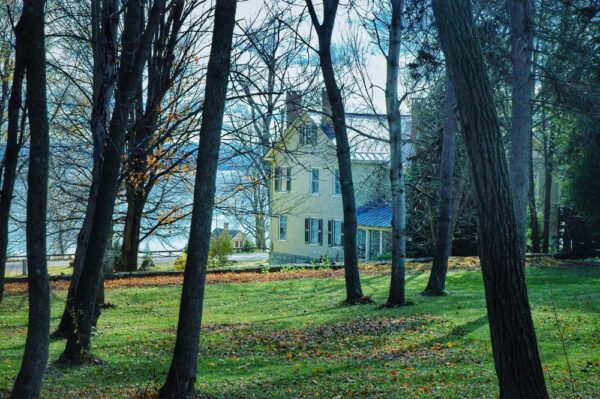
Here’s a snippet from that early attempt to define my intentions.
Rosslyn Redux is the story of a house and the idiosyncrasies (and absurdities) of renovation, marriage and North Country life…
With 20/20 hindsight I’d likely replace “house” with “home” or “historic home”. Or even “homestead”. But in those naive early days I did not yet understand how profoundly my notion of home and “homeness” would evolve through my relationship, indeed Susan and my relationship, with Rosslyn.
In fact, with the benefit of time and perspective, there’s plenty that I would change in this preliminary vision, but for the moment let’s just dig a little deeper into the relationship and distinction between house and home.
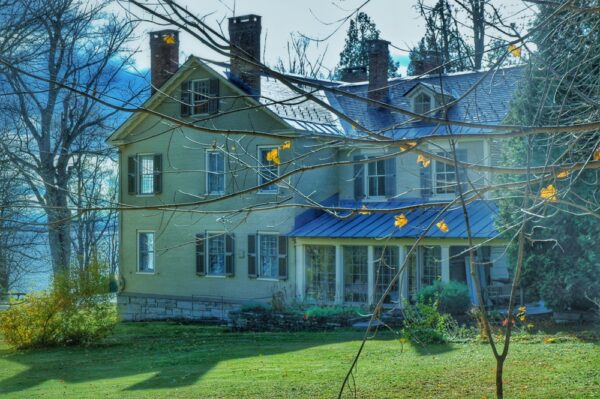
Old House, New Home
Per various accounts it looks as if the first phase of Rosslyn’s construction was completed and the property was occupied circa 1820. Records vary, and the succession of additions and alterations likely accounts for some of the confusion. But however you look at it this historic house and property is a couple of centuries old. at the heart of our journey was an effort to transform this old house into a new home.
Actually, in rereading that last sentence, I’m feeling uncomfortable with the idea that we have transformed Rosslyn. Certainly there is/was an element of transformation, but one of the lessons that we’ve learned with and through Rosslyn is the importance of reawakening a home rather than turning into something different from what it already was.
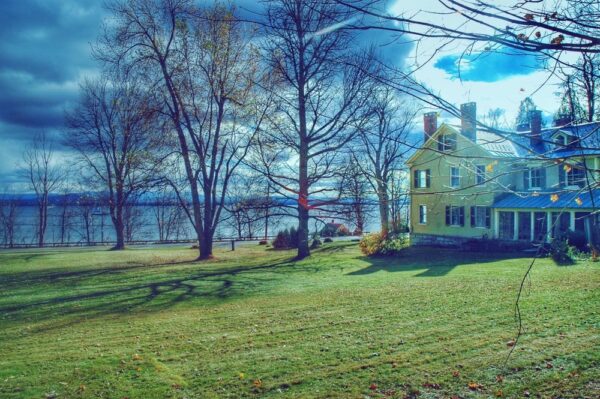
Reawakening Home
Much of our early design and architectural brainstorming involved identifying and removing previous owners’ attempts at transforming Rosslyn. Layers of makeovers and alterations were carefully, slowly peeled away until we could simplify and integrate the design back into a cohesive whole. Cohesion and integration. Guiding principles for us even now as we undertake the adaptive reuse of the icehouse.
Aside from the somewhat arrogant and hubristic potential in setting out to transform Rosslyn, we’ve discovered that attempting to overlay newness, fashion, trends, and so forth onto four impressive buildings that have withstood the tests and temper tantrums of time misses many opportunities to learn from (and through) Rosslyn’s. It also preempts the potential for us to change and grow, allowing Rosslyn to inform and broaden and deepen our understanding of homeness.
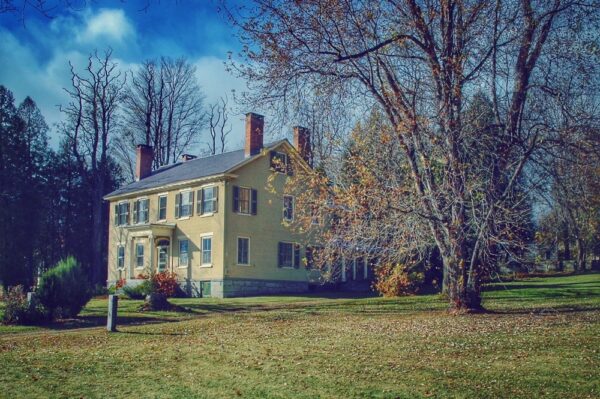
In other words, reawakening Rosslyn has been an opportunity to reawaken ourselves. (Still working on this idea, so I’m hoping for your forbearance as I learn how to better articulate this.)
In closing, I recommend a short film by Ann Magee Coughlin that I rewatched recently. Her story of a house is different from ours, but the richness and texture of history that can coalesce within an old home resonates with me in the context of our efforts to reawaken an old house as a new home.
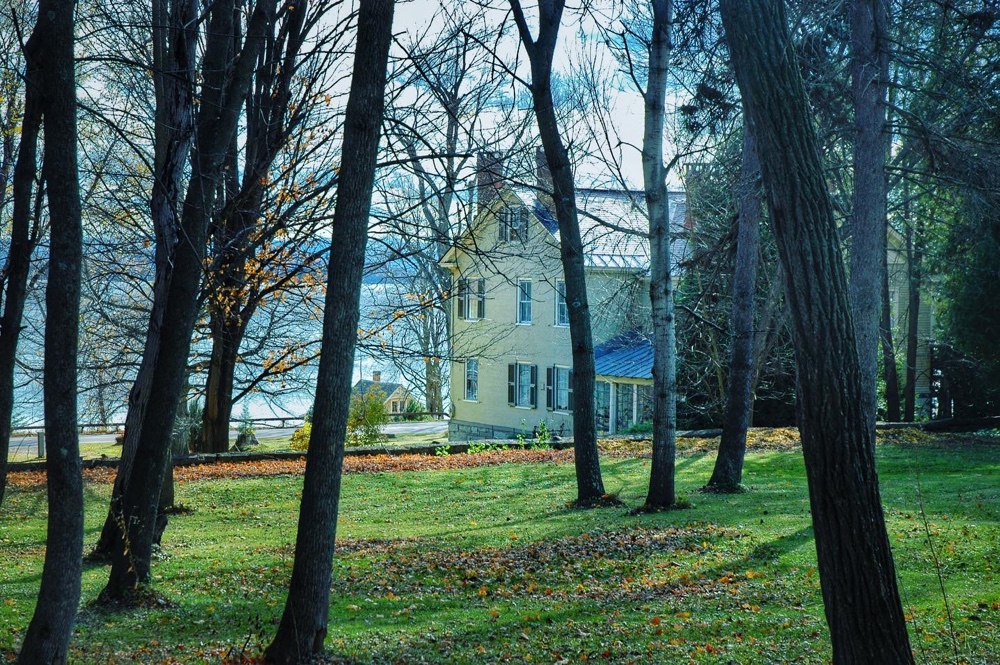
Leave a Reply